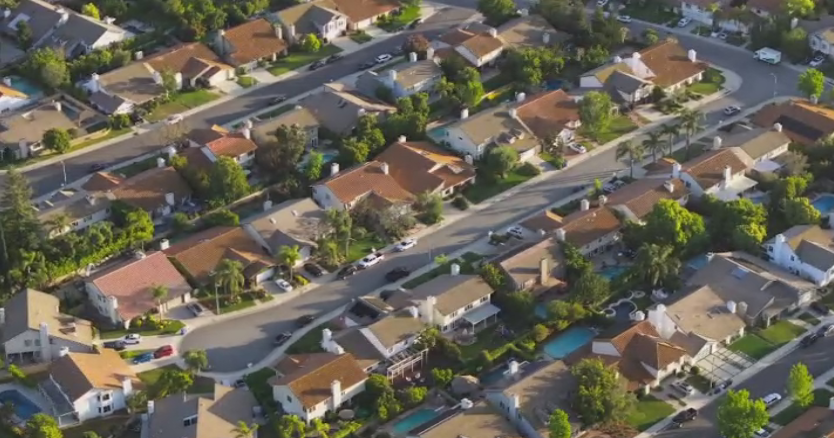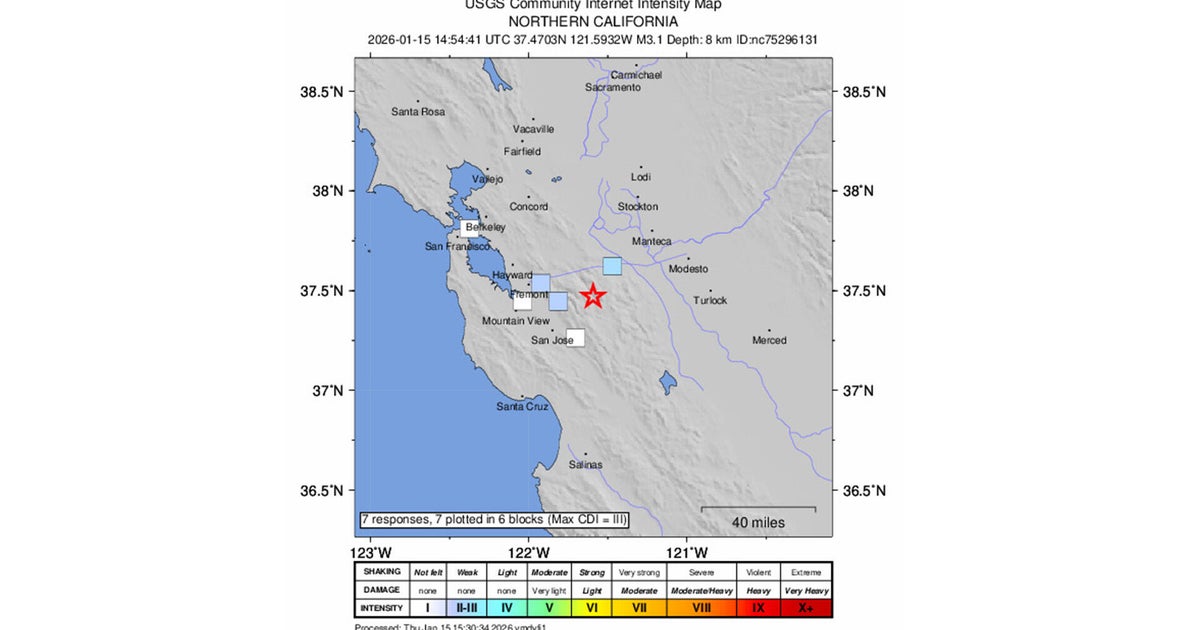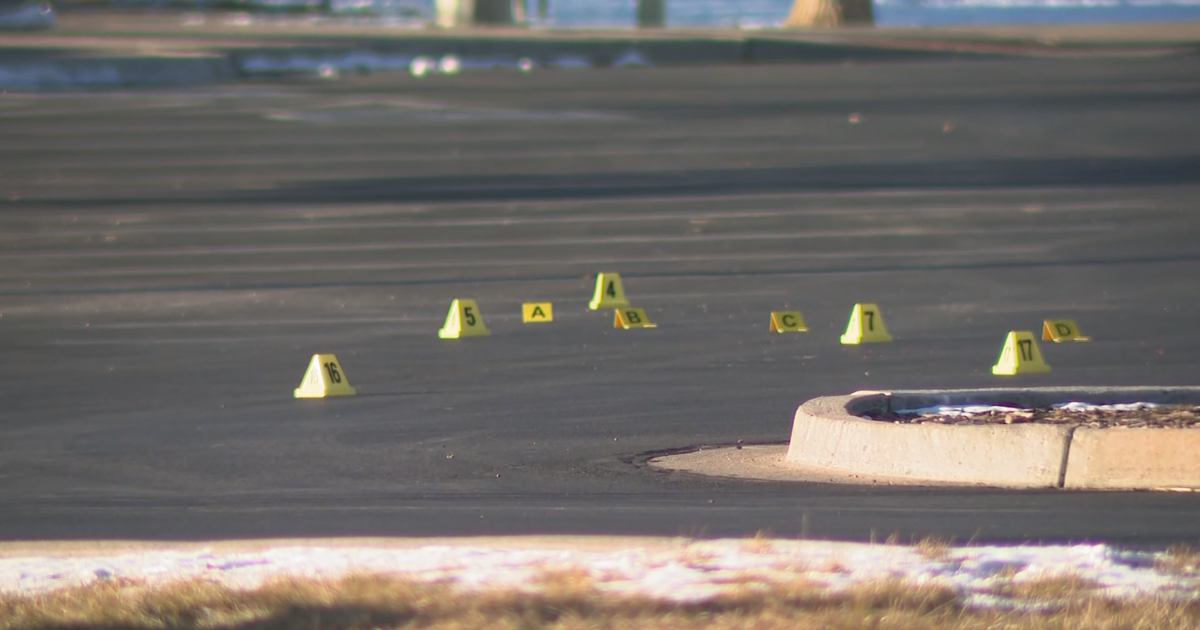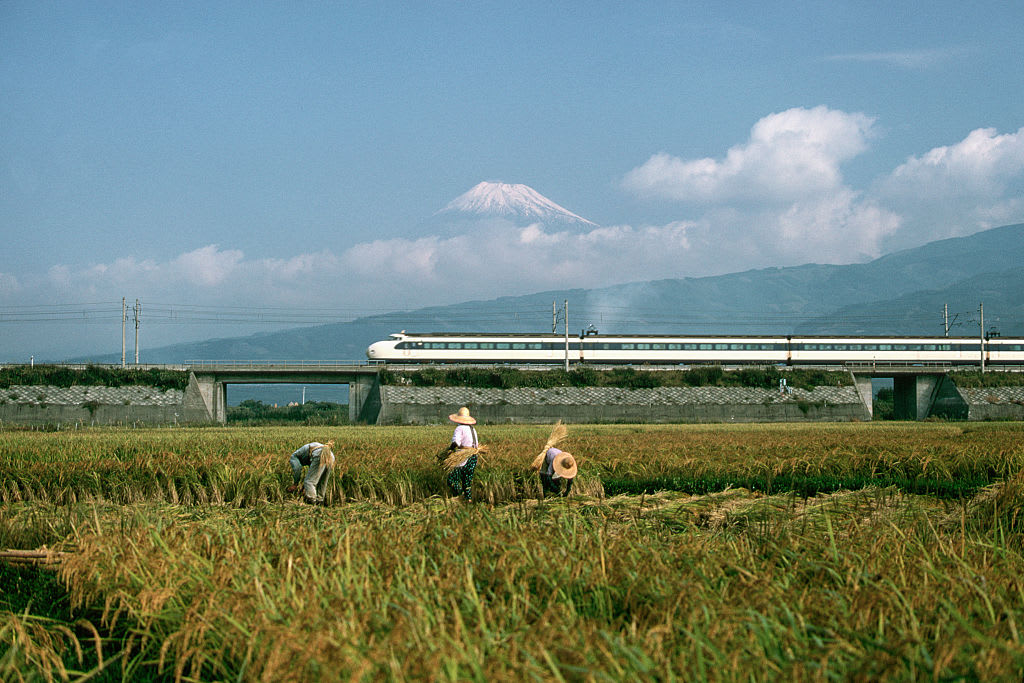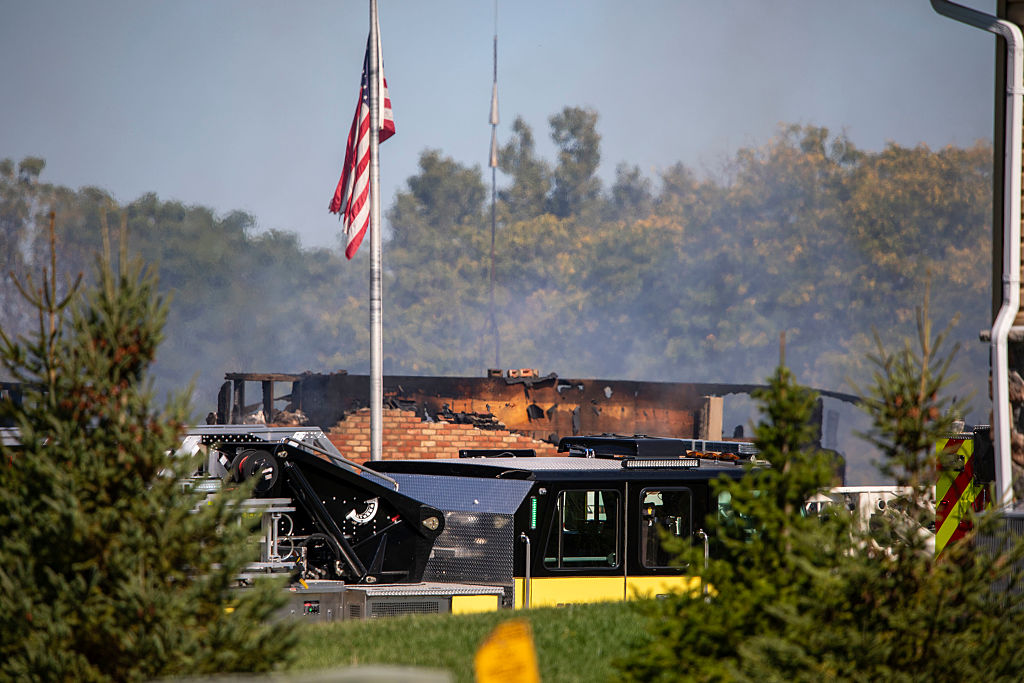Deadly earthquake in Japan knocks out power to millions, prompts brief tsunami advisory
A powerful 7.3 magnitude earthquake struck off the coast of Fukushima in northern Japan on Wednesday evening, killing at least four people, triggering a tsunami advisory and plunging more than 2 million homes in the Tokyo area into darkness.
The region is part of northern Japan that was devastated by a deadly 9.0 quake and tsunami 11 years ago that also triggered nuclear plant meltdowns, spewing massive radiation that still makes some parts uninhabitable.
At least four people died in the quake, and 94 others were injured, the Fire and Disaster Management Agency said, according to the Associated Press. A man in his 60s in Soma city died after falling from the second floor of his house while trying to evacuate, and a man in his 70s panicked and suffered a heart attack, Kyodo News reported.
The Pacific Tsunami Warning Center said there was no longer a tsunami threat though the Japan Meteorological Agency kept its low risk advisory in place. NHK national television said tsunami waves of 20 centimeters (8 inches) already reached shore in Ishinomaki, about 390 kilometers (242 miles) northeast of Tokyo.
NHK footage showed broken walls of a department store building fell to the ground and shards of windows scattered on the street near the main train station in Fukushima city, about 60 kilometers (36 miles) west from the coastline.
Videos posted online showed people's homes shaking in the capital. YouTube video creator John Daub posted one clip of his home office rattling.
"Bad memories of March 11, 2011 for us but we're fine in Tokyo," Daub said on his Twitter account.
An official in the emergency department of the local government of Ishinomaki told AFP he had been woken by "extremely violent shaking".
"I heard the ground rumbling. Rather than feeling scared, I immediately remembered the Great East Japan Earthquake," he said, referring to the 2011 disaster.
The Tokyo Electric Power Company Holdings, which operates the Fukushima Daiichi nuclear plant where the cooling systems failed after the 2011 disaster, said workers found no abnormalities at the site, which was in the process of being decommissioned.
Japan's Nuclear Regulation Authority said a fire alarm went off at the turbine building of No. 5 reactor at the Fukushima Daiichi but there was no actual fire. Water pumps for the spent fuel cooling pool at two of the four reactors at Fukushima Daini briefly stopped, but later resumed operation. Fukushima Daini is also set for decommissioning.
The Japan Meteorological Agency said the quake hit at 11:36 p.m. at a depth of 60 kilometers (36 miles) below the sea.
Japan's Air Self-Defense Force said it dispatched fighter jets from the Hyakuri base in Ibaraki prefecture, just south of Fukushima, for information gathering and damage assessment.
NHK said there were reports of fire, damage to buildings and falling rocks in Iitate town in Fukushima. There was no word on any casualties.
More than 2.2 million homes were temporarily without electricity in 14 prefectures, including the Tokyo region, but power was restored at most places by the morning, except for about 37,000 homes in the hardest hit Fukushima and Miyagi prefectures, according to the Tohoku Electric Power Co. which services the region.
Prime Minister Fumio Kishida said power was expected to be restored soon after midnight Wednesday.
The quake shook large parts of eastern Japan, including Tokyo, where buildings swayed violently.
East Japan Railway Co. said most of its train services were suspended for safety checks. Some local trains later resumed service.
A Tohoku Shinkansen express train partially derailed between Fukushima and Miyagi due to the quake, but nobody was injured, Kishida said.
He told reporters that the government was assessing the extent of damage and promised to do its utmost for rescue and relief operations.
"Please first take action to save your life," Kishida tweeted.
Chief Cabinet Secretary Hirokazu Matsuno said there were a number of emergency calls and local authorities were scrambling to assess damage.
"We are doing our utmost in rescue operations and putting people's lives first," he said.
He urged residents in the affected areas to use extra caution for possible major aftershocks for about a week.



